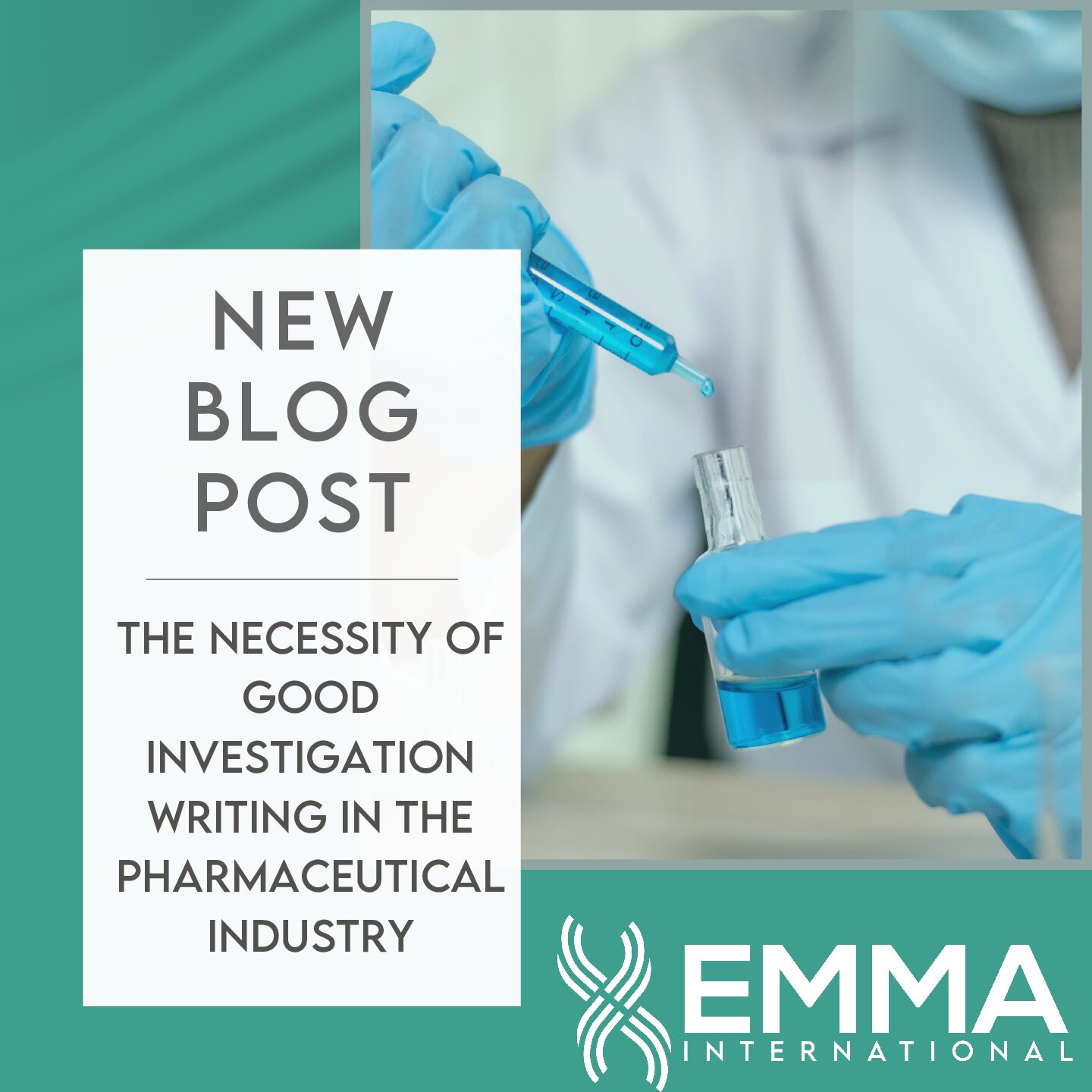Ensuring the reliability and safety of medical devices over time presents a significant challenge. As medical technology continues to evolve, so too must methods for evaluating the longevity and durability of these innovations. Aging studies have emerged as a cornerstone in this endeavor, offering insights into how medical devices perform under real-world conditions and over extended periods. In this blog, we explore the importance of aging studies for medical devices and discuss the advancements shaping this field.
Aging studies involve subjecting medical devices to accelerated testing conditions that simulate the effects of time, usage, and environmental factors. By doing so, researchers can assess how these devices withstand wear and tear, degradation, and potential failure over their anticipated lifespan. Such studies are essential for regulatory approval, as they provide valuable data on device performance, reliability, and safety.
Aging studies evaluate how materials used in medical devices degrade over time, including changes in mechanical properties, stability, and biocompatibility. This helps identify potential issues such as corrosion, fatigue, or chemical breakdown that could compromise device functionality or safety. Assessing how a medical device maintains its intended function throughout its lifespan is critical. Aging studies track parameters such as accuracy, precision, and consistency to ensure that devices remain effective and reliable over time.
Devices may be exposed to various environmental conditions during their use, such as temperature fluctuations, humidity, and exposure to fluids or chemicals. Aging studies replicate these conditions to evaluate their impact on device performance and longevity.
Over time, repeated use can lead to wear and tear on medical devices, affecting their mechanical components or surface integrity. Aging studies simulate this wear through cyclic testing, providing insights into potential failure modes and durability concerns.
Advancements in Aging Study Techniques:
- Accelerated Aging Models: Traditional aging studies relied on real-time testing, which could take years to yield results. Advanced techniques, such as accelerated aging models, utilize elevated temperatures, increased stress levels, or accelerated cycles to shorten testing durations while still providing reliable data on device performance over time.
- Predictive Modeling: Incorporating predictive modeling techniques allows researchers to extrapolate data from accelerated aging studies to predict device behavior over extended periods. This enables manufacturers to anticipate potential issues and design more robust devices from the outset.
- Real-world Simulation: Modern aging studies aim to replicate real-world usage scenarios more accurately, incorporating factors such as patient variability, device handling, and clinical environments. This approach provides a more comprehensive understanding of how devices perform in practical settings.
- Multidisciplinary Approaches: Aging studies now encompass a multidisciplinary approach, involving expertise from materials science, engineering, biomechanics, and clinical fields. Collaborative efforts enable a holistic assessment of device performance and address diverse factors influencing aging.
Aging studies represent a cornerstone in the development and evaluation of medical devices, providing valuable insights into their long-term performance and reliability. As technology advances and healthcare evolves, continued investment in aging study techniques will be essential for driving innovation, ensuring patient safety, and advancing the standard of care.
Whether you’re an emerging startup with a novel device or an established company with a portfolio of products, EMMA International has a solution to meet your needs. With decades of industry experience, regulatory and compliance expertise, and a suite of scalable solutions, we’ll help advance your product in accordance with regulatory requirements worldwide. Call us at 248-987-4497 or email info@emmainternational.com to get in touch with our team today.
FDA (April 1991) Shelf Life of Medical Devices retrieved from: https://www.fda.gov/media/72487/download





